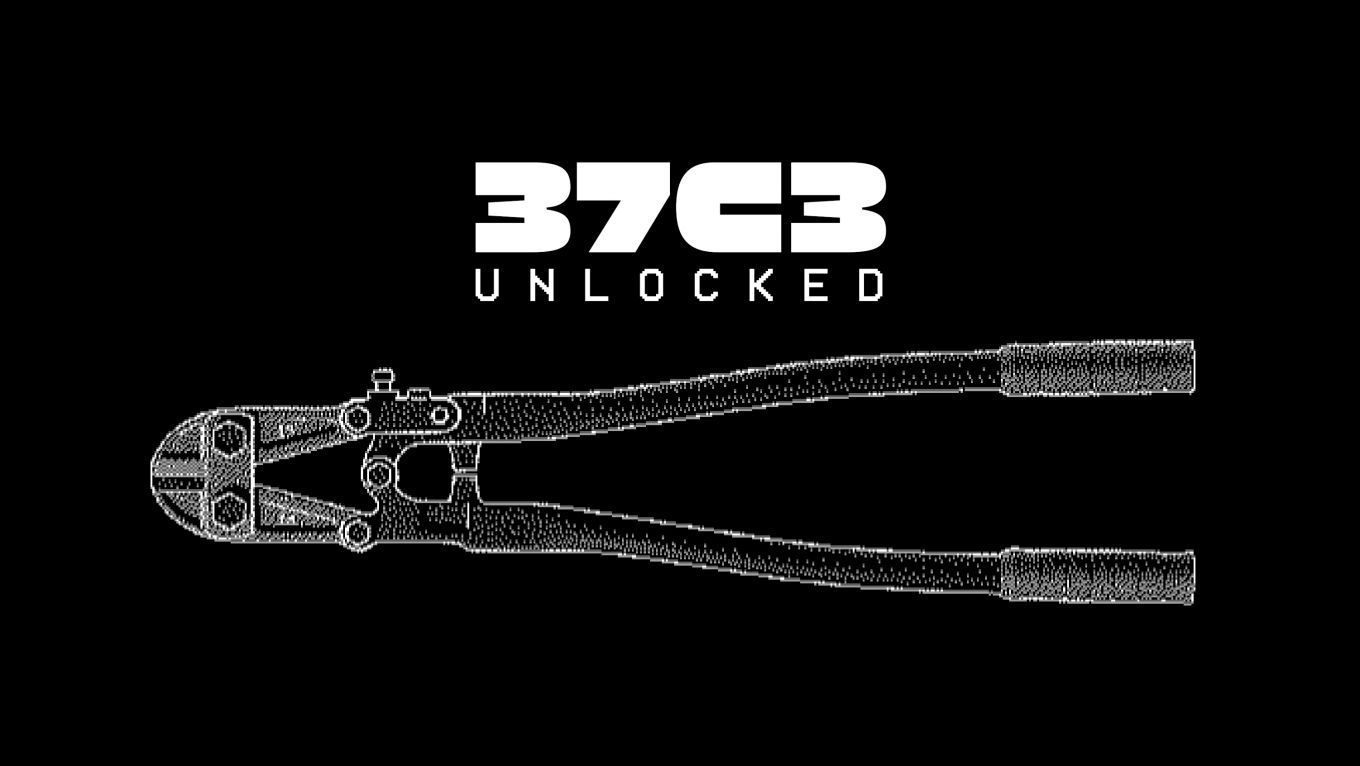Hardware & Making
Analog rotary phones get a second life with raspberry pi
An open source project involving an automated telephone exchange powered by Raspberry Pi, utilizing old rotary phones. The system imitates exchange setups from different countries across the globe, allowing users to feel the genuine experience.
Rotary-dial analogue phones were once a necessity, but now they lay dormant on shelves or tucked away in attics. This is largely due to the replacement of traditional landlines with fibre-optic modems, rendering analogue phones obsolete.
In addition to their sentimental value, rotary dial phones provide several advantages, including reduced electrosmog emissions, protection against eavesdropping, repurposing outdated technology, and promoting a slower pace of life.
The contribution explains how to build a private telephone exchange for eight people using rotary dial phones. The exchange is powered by a Raspberry Pi and custom analogue electronics. The following themes are covered:
- The construction of a PBX which resembles telephone exchanges in various countries worldwide, giving users a realistic experience.
- Handling of call initiation, routing, full duplex voice transmission and human-machine communication.
- The software implementation on the Raspberry Pi running Linux.
- A study of enhancing the open-source software with additional functionalities.
Due to the readily available Raspberry Pi hardware and software programmability, this project invites everyone to participate.
Additional information
| Live Stream | https://streaming.media.ccc.de/37c3/eins |
|---|---|
| Type | lecture |
| Language | English |
More sessions
| 12/27/23 |
After a brief introduction to digital circuits this talk will outline placement and routing algorithms used for creating digital integrated circuits.
|
| 12/27/23 |
This lecture will cover many aspect of designing a RISC-V CPU, out-of-order execution, multi-core, memory coherency, security and running linux and debian on a FPGA.
|
| 12/27/23 |
Ein Vortrag über den erfolgreichen Kinder-Audioplayer „Toniebox“ mit Content-Hosting in der Cloud, der nicht nur Einblicke in die (un-)heimliche Datensammlungspraxis bietet, sondern auch gleich passende Lösungen dazu. Custom-Firmware, selfhosted Cloud-Ersatz und Tools zum Erzeugen von Inhalten ohne Herstellercloud.
|
| 12/27/23 |
In an era where vendors increasingly seek to use proprietary software in the devices around us to exert control over their users, the desire for open source software has expanded to the firmware that allows our machines to function, and platforms which individuals can trust and control have never been more important. However, changes to hardware platforms in recent years such as the Intel ME, vendor-supplied binary blobs and vendor-signed firmware images have repeatedly set back efforts to ...
|
| 12/27/23 |
Embark on Libre Space Foundation's journey into the world of open-source space exploration, where a passionate community of hackers and makers is challenging the traditional defense-driven approach to spacefaring. Discover how we are democratizing space by embracing open-source technologies, community collaboration, and a commitment to sustainability.
|
| 12/27/23 |
I am paralysed from the chest down, have no hand functions and sit in a power wheelchair. I will share some insights on spinal cord injury and my experiences of how I work, live and travel using a power wheelchair. There are millions of people who cannot control a computer, tablet, or smartphone with their hands. Assistive technology supports the main functionalities which are needed: mouse movement and different kinds of clicks. My portfolio of hands-free assistive technology enables me every ...
|
| 12/27/23 |
The Unfolding Space Glove transmits the relative position and distance of nearby objects as vibratory stimuli to the back of the hand, enabling blind people to haptically explore the depth of their surroundings. The talk will give a brief overview of the design research project, from the first prototypes to an empirical study and its publication, and provide insights into the underlying hardware and software.
|

